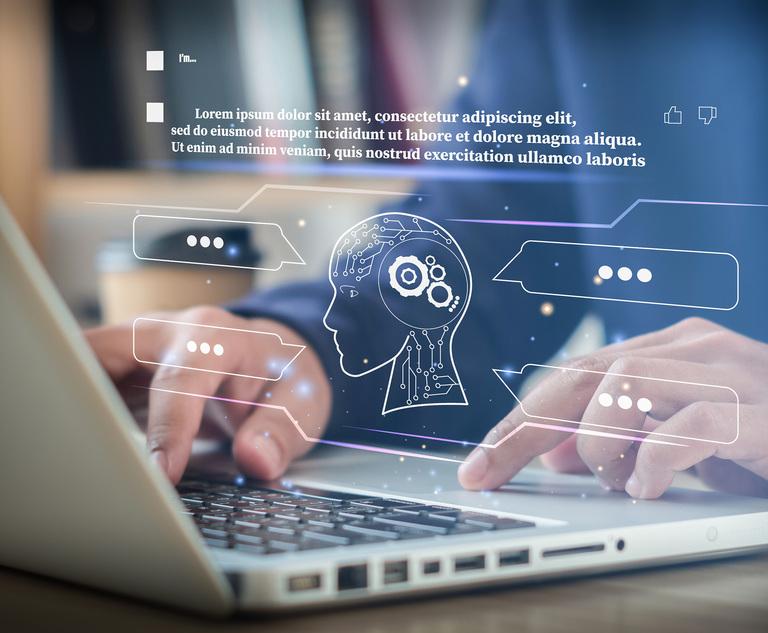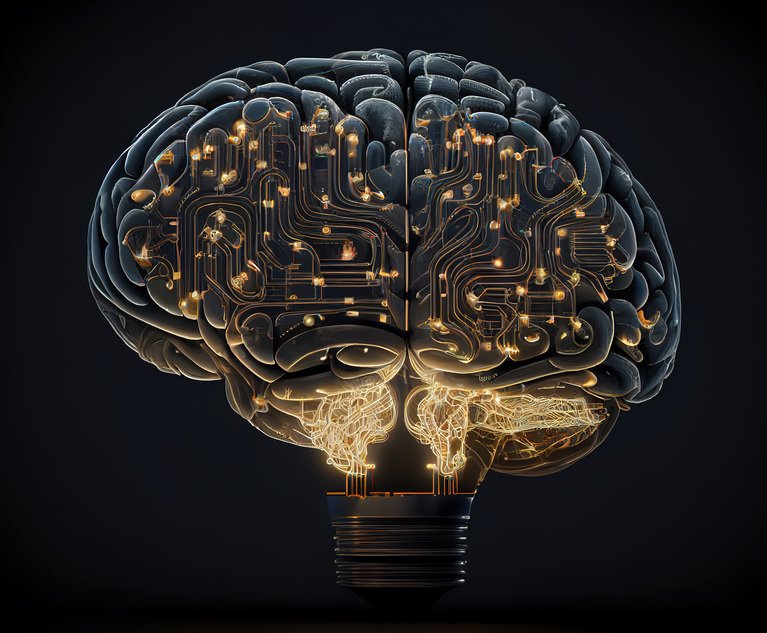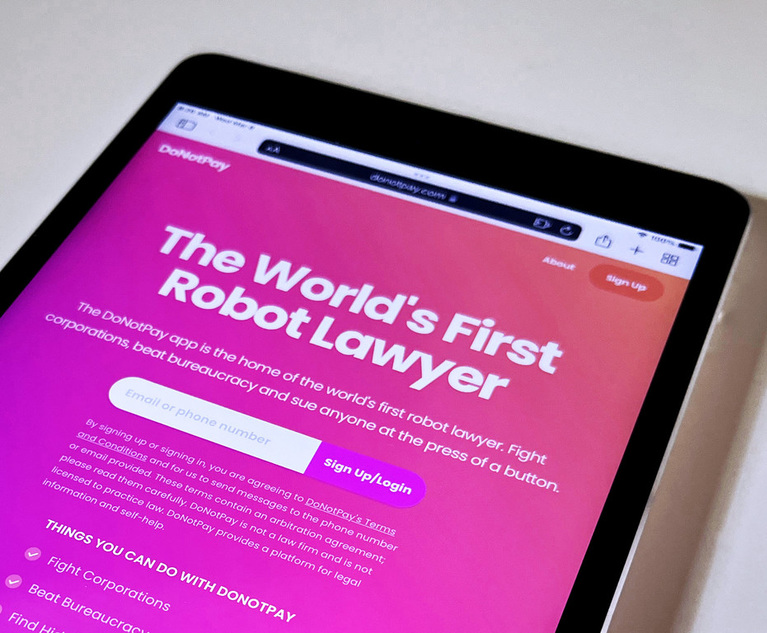OpenAI’s ChatGPT, the human-like chatbot that can write essays, book restaurant reservations and explain complex topics, has been a bit of a one-way mirror—incredibly accessible to users and yet fairly opaque when it comes to explaining how it exactly works.
That has raised some concerns in the legal industry, especially as several legal tech vendors have now announced they were leveraging OpenAI’s GPT-4 model in their offerings and firms are still debating whether they need to issue policies around its use.
This content has been archived. It is available through our partners, LexisNexis® and Bloomberg Law.
To view this content, please continue to their sites.
Not a Lexis Subscriber?
Subscribe Now
Not a Bloomberg Law Subscriber?
Subscribe Now
LexisNexis® and Bloomberg Law are third party online distributors of the broad collection of current and archived versions of ALM's legal news publications. LexisNexis® and Bloomberg Law customers are able to access and use ALM's content, including content from the National Law Journal, The American Lawyer, Legaltech News, The New York Law Journal, and Corporate Counsel, as well as other sources of legal information.
For questions call 1-877-256-2472 or contact us at [email protected]


 (Credit: Wanan/Adobe Stock)
(Credit: Wanan/Adobe Stock)





